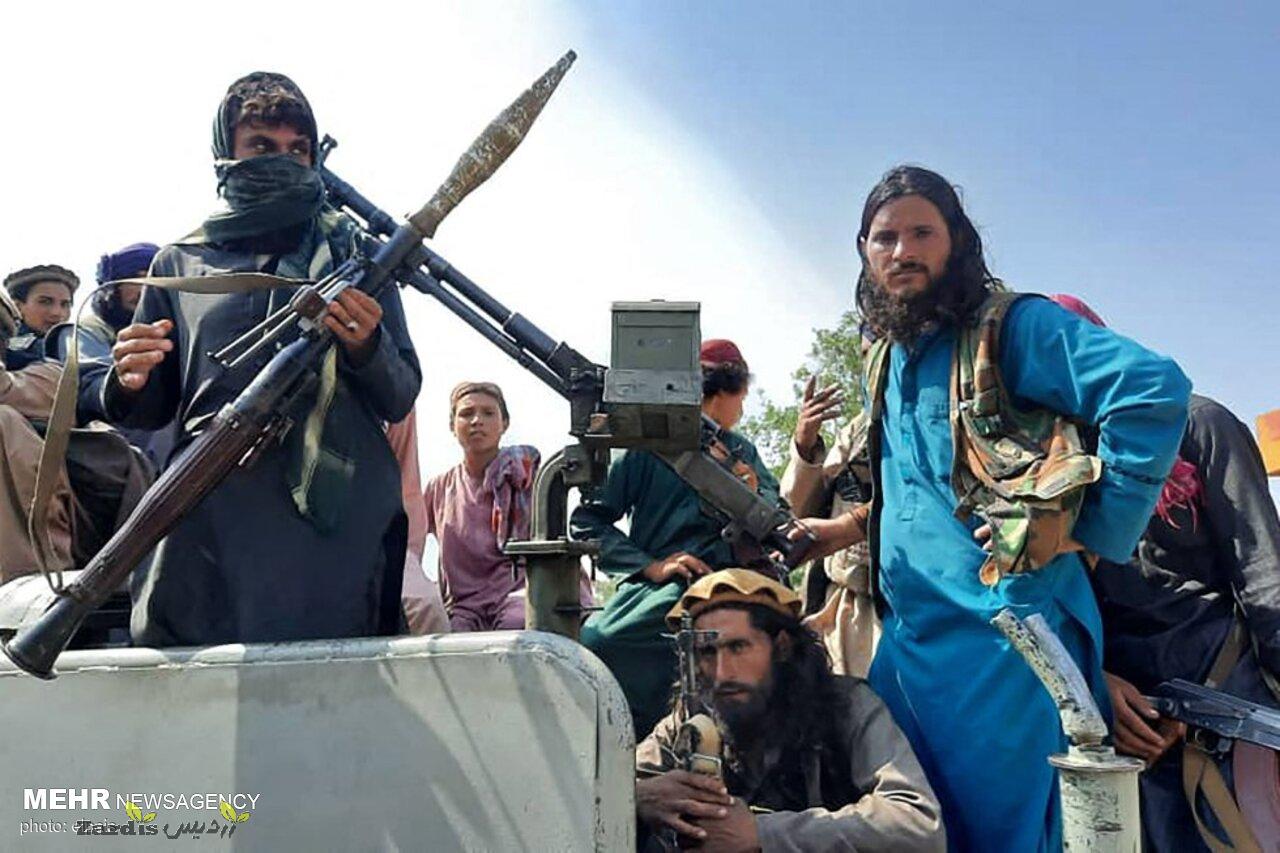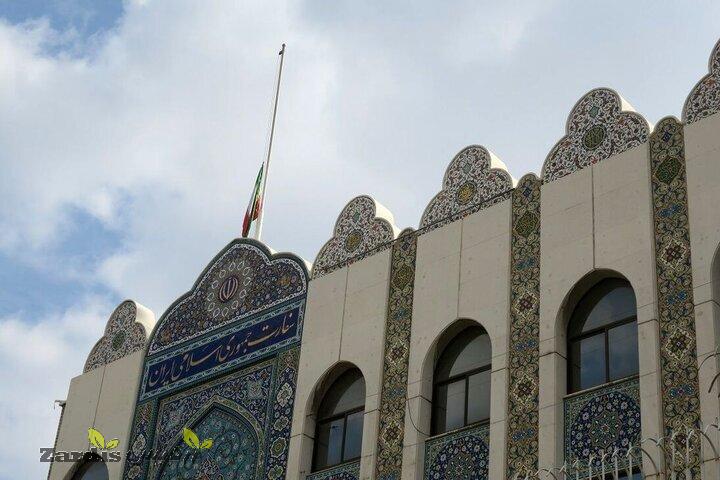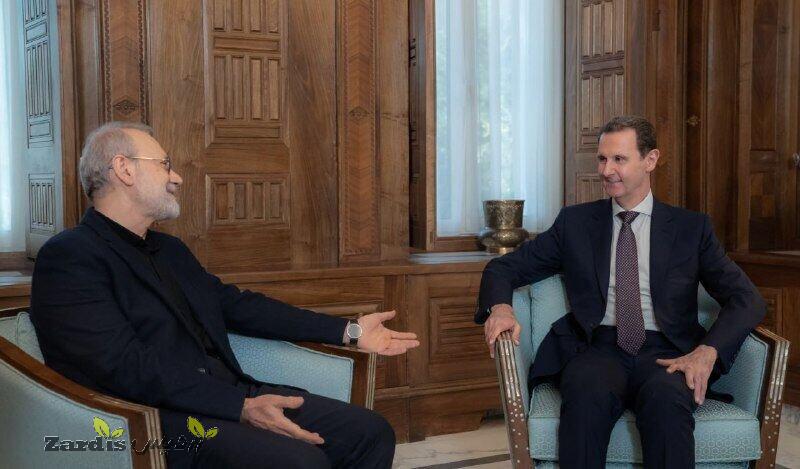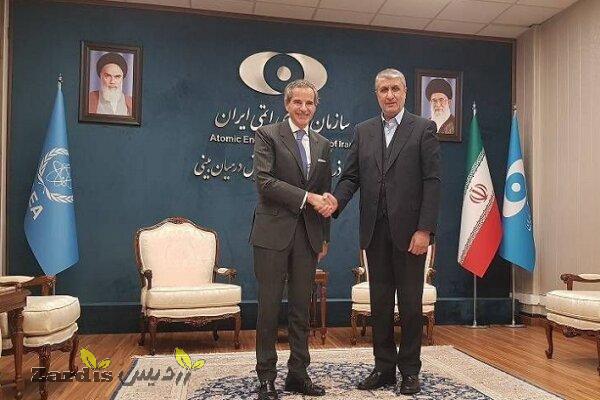Long known as the “Graveyard of Empires,” Afghanistan has been vehemently inhospitable to outside intervention. The lessons that should be learned from the legion of failed outside attempts to conquer Afghanistan are varied and many and yet none have been taken deeply to heart by U.S. military strategists in recent decades.
Anyone who believes in the success of the long-term occupation of Afghanistan or tilting the balance of power in its favor by military intervention of that country is either naïve, delusional, or downright irresponsible. Several imperial powers have come to terms with this reality: The Persian Empire (539 until 331 BC), Alexander the Great (330 until 327 BC), Great Britain (1839-42), Russia (1980-88), and the United States (2001-2021).
In virtually all these cases, an outside power has failed to impose an alien political system and cultural values upon the Afghanis. Today, there can be little doubt that the Americans have lost the Afghanistan war. American dollars and military power have failed to make an ally of Afghanistan or a stable democratic state in its own right. The Biden administration’s recent decision to disengage from Afghanistan has raised the issue of strategy, expectations, and more importantly, logistics. Twenty years of U.S. military intervention under multiple U.S. administrations, which spent $83 billion on building the Afghan army, have failed to build a reliable fighting and security force—only one whose soldiers had the will to fight. In the end, Afghan security forces were revealed to be hollow as they impotently collapsed in the face of the Taliban assault and occupation of the capital city, Kabul.
The American record of nation building has been abysmal. The United States has hardly been successful at establishing stable or long-lasting democracies in the past: Of the more than dozen democratic nation-building projects undertaken by the United States in the 20th century and beyond, democracy resumed in only few of them—most notably Japan, and Germany—a decade after U.S. forces departed. The experience of Germany and Japan proved to be unique and thus not easily replicable today by any metrics.
From the Bush administration’s democracy promotion to the Trump administration’s push for the Doha Agreement to negotiate with the Taliban, the task of nation-building overseas has presented the U.S. government with serious challenges—not to mention the failure to address the systemic and widespread of corruption in a country gripped with poverty and religious fundamentalism.
What happens next?
Several questions deserve our attention. What strategic leverage does the United States have on the Taliban 2.0? Could Al Qaeda find a new foothold in Afghanistan? What are the regional implications of the Taliban’s return to power in Afghanistan? Many experts believe that the United States will have little or no strategic leverage over the Taliban. It is vitally important to contemplate the prospects for the resurgence of terrorism and triggering an influx of refugees in the coming days, months, and years, with dire consequences for its neighboring countries, especially for Iran that is already home to millions of Afghani refugees and Pakistan in which many Taliban members have resided since they fled the country some two decades ago.
It is clear that U.S. counter-insurgency efforts to upend the Taliban’s presence and influence have all but failed. Counter-insurgency was in the end not a military solution—only the means for creating a political settlement. The swift and immediate collapse of the Afghan army is proof of the failed long-term viability of expensive and complicated counter-insurgency operations. The return of the Taliban to power in Afghanistan will inject new uncertainties in the region in more ways than one—a region that is already reeling from the unexpectedly rapid collapse of healthcare infrastructure in the face of the COVID-19 pandemic, climate change consequences, unemployment, and refugee crisis—not to mention terrorism and sectarian strife. The lasting impact of this failed U.S. mission should instruct future leaders about the viability of implementing foreign governance regimes on target states and the notion of creating pockets of stability and control while the vast expanse of the state is left to a committed oppositional fighting force. If the lesson is learned, perhaps blood and treasure need not be spent errantly and without focus. Otherwise, the same policies will achieve the same disastrous ends.
Mahmood Monshipouri, PhD, teaching Middle Eastern Politics at San Francisco State University.
Zardis news | The latest news of Iran and the world
تمامی حقوق مطالب برای "Zardis news"محفوظ است و هرگونه کپی برداری بدون ذکر منبع ممنوع می باشد.
طبق ماده 12 فصل سوم قانون جرائم رایانه ای کپی برداری از قالب و محتوا پیگرد قانونی خواهد داشت.







